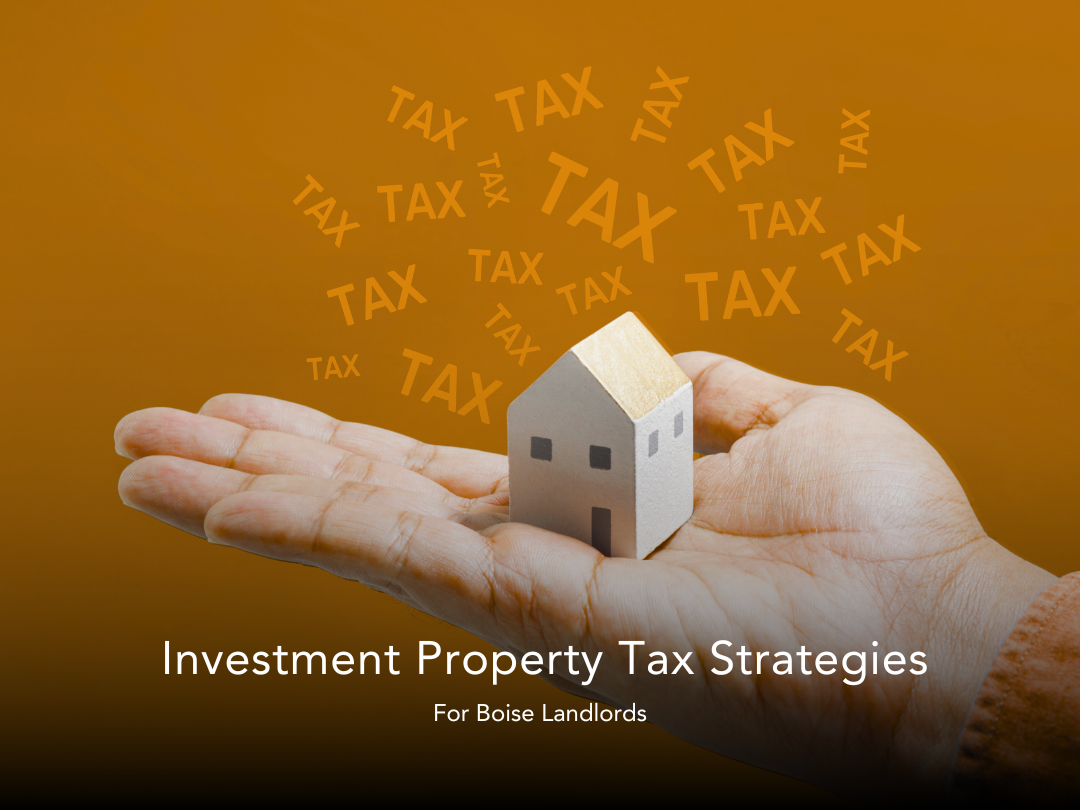Key Trends Shaping the 2025 Housing Market
As we enter 2025, real estate investors are navigating a landscape shaped by evolving economic indicators, shifting market demands, and emerging opportunities. Here's an overview of key trends and expectations for the year ahead:
Interest Rates and Monetary Policy
The Federal Reserve's recent pivot towards reducing interest rates signals a peak in inflation and construction costs, fostering a more favorable environment for real estate transactions. This monetary easing is anticipated to boost market activity, though investors should remain vigilant of potential economic slowdowns that could impact net operating income growth.
Sector-Specific Opportunities
Hospitality and Residential Development: Investment in hotels and residential projects is projected to rise by up to 20% compared to 2024. Factors such as stabilizing interest rates and unmet demand in sectors like logistics and hospitality are expected to drive revenue growth for property owners.
Retail Centers: Open-air neighborhood shopping centers, especially those anchored by grocery stores, are gaining favor among institutional investors. High occupancy rates and resilience against online retail competition make these centers attractive, though new construction remains limited due to elevated building costs.
Market Dynamics and Investor Sentiment
Financial leaders identify significant opportunities in private credit, U.S. growth, and a surge in mergers and acquisitions. Technological advancements and artificial intelligence are also expected to enhance business efficiency and expansion, influencing real estate investment strategies.
Risks and Considerations
Investors should be mindful of potential risks, including geopolitical tensions, fluctuating interest rates, and market volatility. Evolving U.S. policies, regulatory changes, and cyber threats are critical areas of focus. Additionally, the political landscape is expected to significantly influence inflation, trade policies, and sustainability investments.
Strategic Recommendations for Investors
Diversification
Exploring various asset classes, such as multifamily properties, industrial spaces, and emerging markets, can mitigate risks and capitalize on growth areas.
Technological Integration
Leveraging technology and AI can enhance property management efficiency, tenant experiences, and investment decision-making.
Sustainability and ESG Compliance
Incorporating environmental, social, and governance criteria into investment strategies can attract socially conscious investors and comply with evolving regulations.
2025 presents a dynamic environment for real estate investors, characterized by both opportunities and challenges. Staying informed and adaptable will be key to navigating the complexities of the market and achieving investment success.
Partner with 208.properties to make confident investment decisions in 2025.







